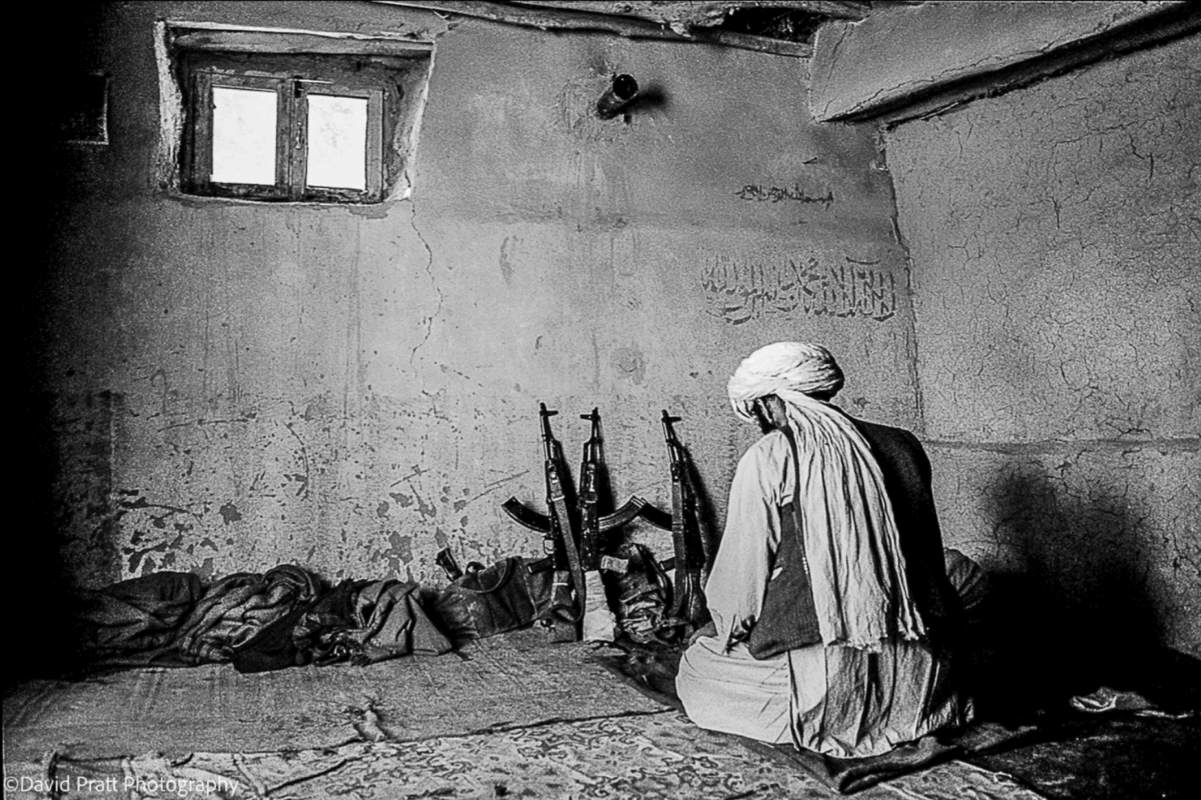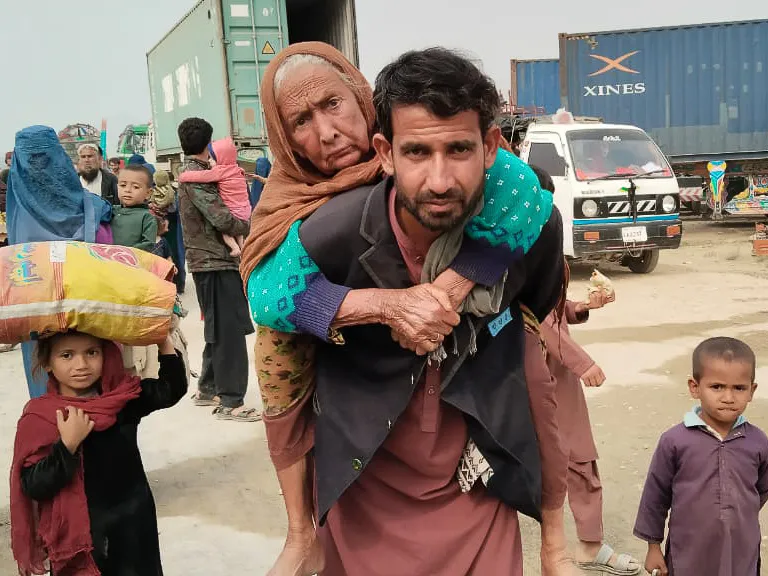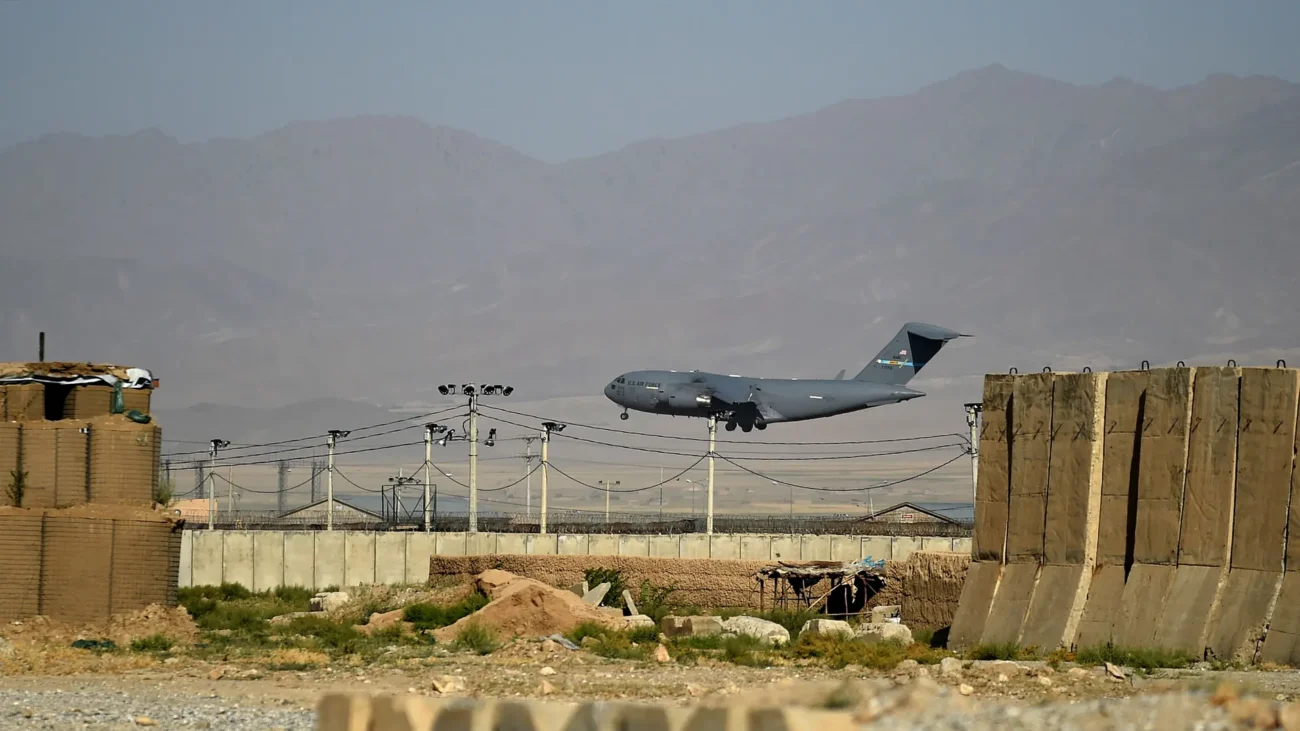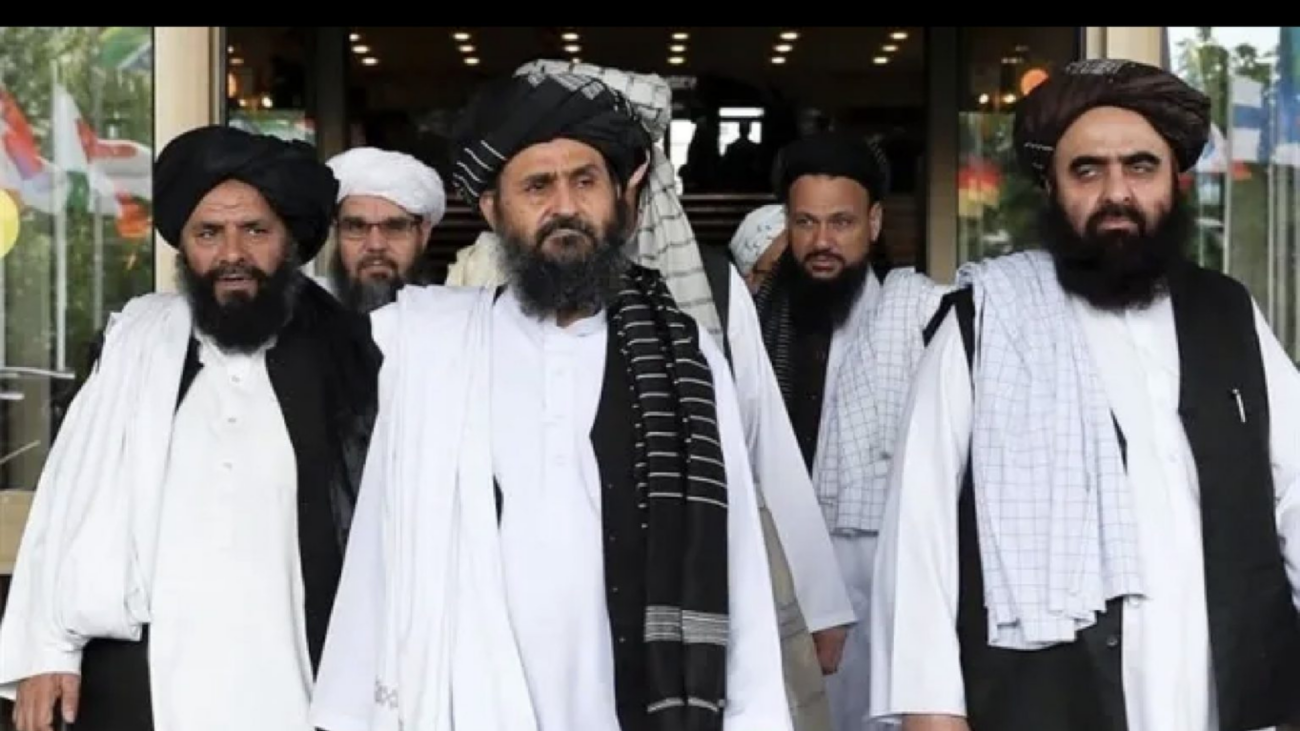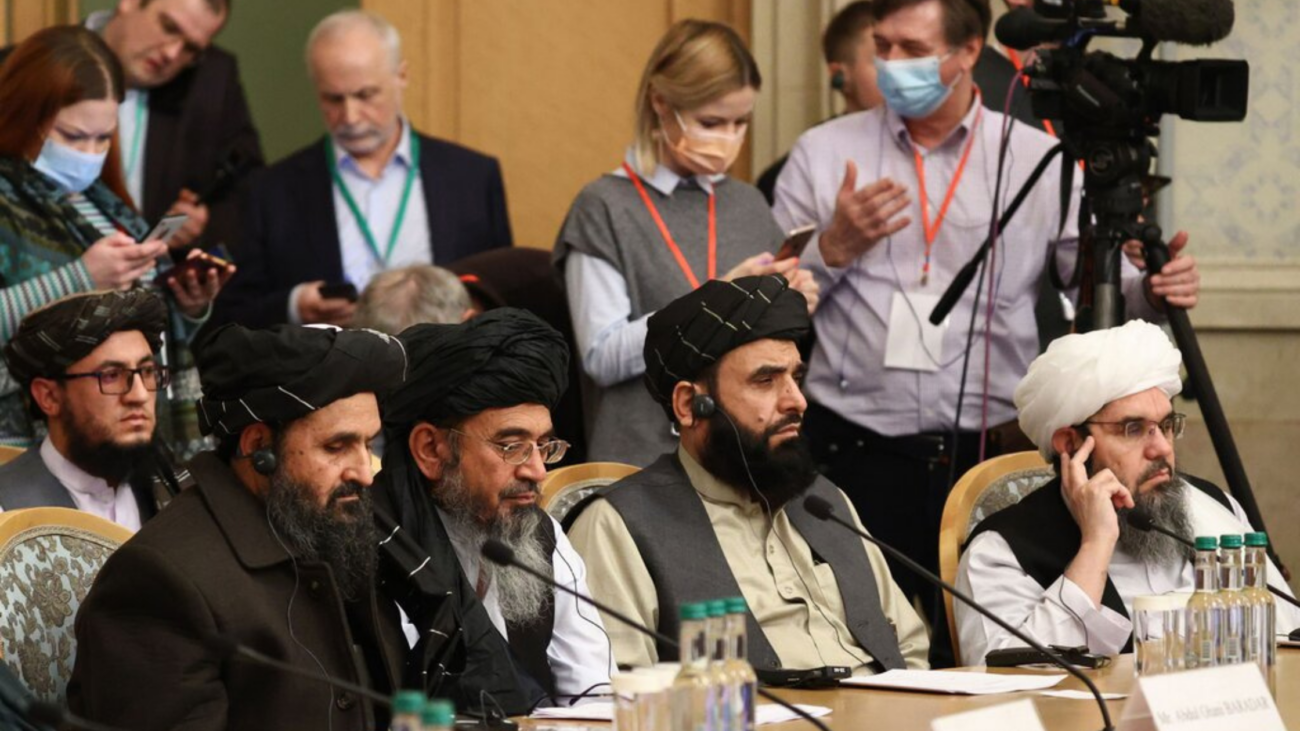Blog
India and the Taliban: Time to Engage with Afghanistan’s Reality
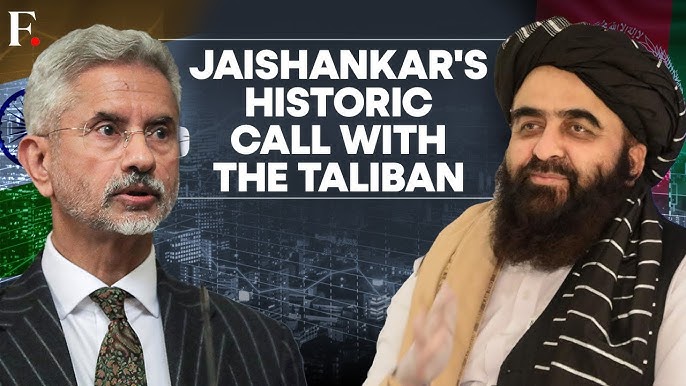
By Irfan Yar
India and Afghanistan: A Moment for Strategic Clarity
The phone call between India’s External Affairs Minister and the Taliban’s top diplomat wasn’t just a diplomatic courtesy—it was a signal that the old playbook on Afghanistan may no longer serve India’s interests.
On May 15, 2025, Indian External Affairs Minister S. Jaishankar held a phone call with Mawlawi Amir Khan Muttaqi, the Taliban’s Acting Foreign Minister. The conversation—the first of its kind at the ministerial level—came shortly after the Taliban condemned the April 22 terror attack in Pahalgam, Jammu & Kashmir, which killed 26 civilians.
This diplomatic outreach, while limited in formality, is significant in substance. It reflects a quiet but growing realization in New Delhi: if India wants to safeguard its regional interests, support the Afghan people, and retain long-term influence in Afghanistan, it must either recognize the Taliban or substantially increase its engagement with them.
This is not about ideological alignment. It is about facing geopolitical and humanitarian realities—and choosing pragmatism over paralysis.
Recognition Isn’t Endorsement—It’s Strategic Necessity
The Taliban’s return to power in 2021 was met with global hesitation, and rightly so. Their treatment of women and civil liberties has drawn widespread condemnation. But two years of diplomatic isolation have not produced reform. Instead, they’ve deepened Afghanistan’s humanitarian crisis, weakened moderate actors, and significantly reduced external influence over the regime.
It is time to acknowledge the uncomfortable truth: the Taliban are the de facto authority in Afghanistan. Continuing to pretend otherwise only sidelines India from shaping the country’s future. Recognition—or at the very least, structured engagement—is not a seal of approval. It is a strategic tool: one that opens up channels for negotiation, influence, and humanitarian outreach.
India’s Stakes in Afghanistan Are Too High to Ignore
From a geopolitical perspective, Afghanistan sits at the heart of India’s regional security calculus. It borders Pakistan, connects Central and South Asia, and has long been a battleground for proxy conflicts. By not recognizing or engaging with the current Afghan administration, India risks ceding ground to other actors—particularly Pakistan and China—who have already established working relations with Kabul.
The Taliban’s recent condemnation of a terror attack on Indian soil also reflects an opportunity: a shared interest in curbing cross-border extremism. This opening should not be ignored. Engagement allows India to pursue counterterrorism cooperation, intelligence-sharing, and regional stability from a position of influence. India must ensure it remains an active stakeholder in Afghanistan’s future. And that means building a working relationship with whoever holds the reins of power in Kabul.
Humanitarian Engagement Is a Moral Imperative
While strategic interests provide one pillar of the case for engagement, humanitarian responsibility forms the other. Afghanistan is in the grip of one of the world’s worst economic and social collapses. Food insecurity, unemployment, and lack of medical services have become daily realities for millions.
Women and girls, in particular, face devastating restrictions—but cutting ties with Afghanistan does not protect them. In fact, it removes the very international pressure and assistance that could help shift long-term social attitudes. The status of women in Afghanistan is not simply a political issue—it is a socio-religious challenge, rooted in deeply ingrained cultural norms. These will not change through isolation. They can only evolve through exposure, engagement, and education.
The more connected Afghanistan is to the world, the greater the opportunities for reform, trade, and social progress—including, eventually, for women’s empowerment. India, with its long-standing ties to Afghan civil society, is uniquely positioned to act as a bridge—not a barrier.
The Road Ahead: Quiet Diplomacy, Real Engagement
India has already taken cautious but important steps—allowing Taliban-appointed diplomats to manage Afghan consular services in Delhi, Mumbai, and Hyderabad, and now engaging at the ministerial level. These moves should not remain ad hoc. They should evolve into a coherent policy that protects Indian interests, sustains humanitarian outreach, and supports long-term moderation inside Afghanistan.
The international community may debate the timing of recognition—but continued denial of the Taliban’s de facto rule only prolongs suffering and cedes influence to other actors. The sooner India and the rest of the world establishes formal and strategic links, the sooner it can help shape a future in which the Afghan people, not just the regime—are part of the global community.
Irfan Yar is a security Analyst and the founder of the Afghanistan Security Institute.
Disclaimer: The views expressed in this article are those of the author, and do not necessarily reflect the positions of the Afghanistan Security Institute or any other organizations or entities with which the author is affiliated.

